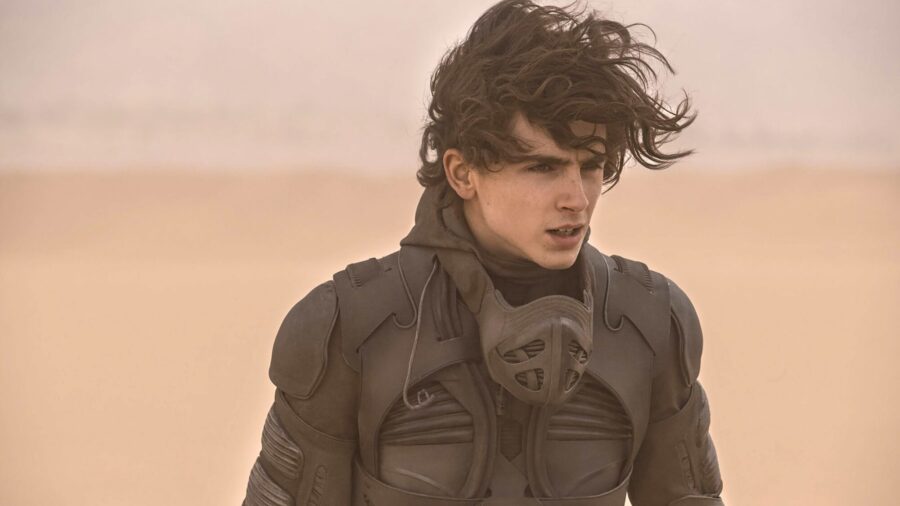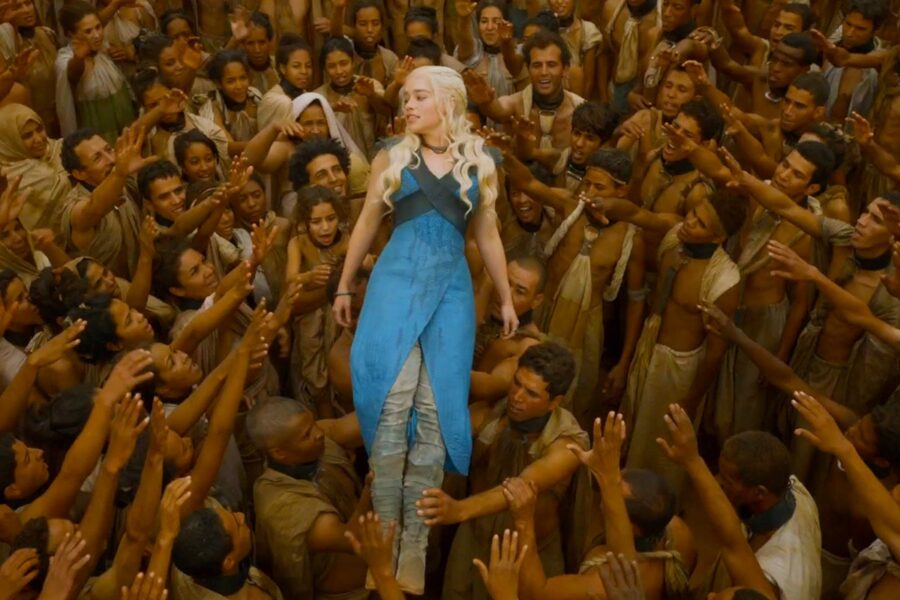Dune Director Says Movie Is A Critique Of White Saviors
Here's what the Dune director has to say about the story's use of the white savior trope.
This article is more than 2 years old

Dune is a story that’s been told a few times before, both as the original novel by Frank Herbert and on screen. Before the new movie from Denis Villeneuve has even come out, it’s already facing a heavy piece of criticism: the white savior trope. Dune follows Paul Atreides, a white character and a “chosen one“. The story is largely inspired by cultures in the Middle East and Northern Africa, but our main character is a white man who steps in and seems to take charge and tell another culture how to be. In a nutshell, that’s the heart of the white savior trope. That’s the groundwork for a White Savior story, and it’s something we’ve seen a lot of in the past. However, the film’s director isn’t shying away from this topic at all and has addressed it in a recent roundtable interview with journalists.
The Dune director felt that the question of the white savior trope was important, and was something he thought about with his adaptation.
It’s a very important question. It is why I thought that “Dune” is, when I’m reading it, relevant. It’s a critique of that. It’s not a celebration of a savior. It’s a critique, it’s a combination of that criticism of that idea of a savior, of someone that will come and tell another population how to be and what to believe and try to tell them how … So it’s not a condemnation but a criticism. That’s the way I feel it’s relevant and that can seem contemporary. That’s what I will say about that. Yeah. Frankly, it’s the opposite.
Denis Villeneuve
The novel was first published in 1965, which means that the story the new Dune film is adapted from was written quite a long time ago. Ideas have changed. The global conversation and understanding of racism has changed. Audiences have become savvier to tropes and have a better understanding of racism in film. When we see the white savior trope on screen, we recognize it more quickly. The example that comes up frequently today is from Game of Thrones. Toward the end of an episode, Khaleesi, played by Emilia Clarke, is gratefully raised over a crowd of people she’s come to save. The camera pans out from this shot, giving a perfect image to sum the trope up once and for all. The image from the fantasy series also appeared to pull cultural inspiration from Northern Africa and the Middle East, bringing the comparison to Dune quickly to mind.

Other examples of the white savior trope that commonly come up are The Help and Avatar, two movies that feature white main characters coming into two very different cultures with ideas for changing and “saving” the cultures and people. Today, we’re moving away from that, but only very recently. We’ve seen some movies pull off a criticism of the trope, as the Dune director says he sees his film. One of the best examples of this was the Jordan Peele movie, Get Out.
It’s highly unlikely that Dune will directly criticize the white savior trope in the same way that Jordan Peele’s Get Out did. From what Denis Villeneuve said in this interview, he said that he sees the original material as a critique of the trope. That means he’s approaching his work on the film adaptation through that lens. It’s going to be interesting to see how he actually approaches that in his film.
Dune releases on October 22, 2021. If the film does well, Denis Villeneuve is all geared up to make a sequel, which he says will center on Zendaya’s character. So far, early reactions from critics are coming in, and they only leave us with more questions on what to expect when the movie finally drops.












